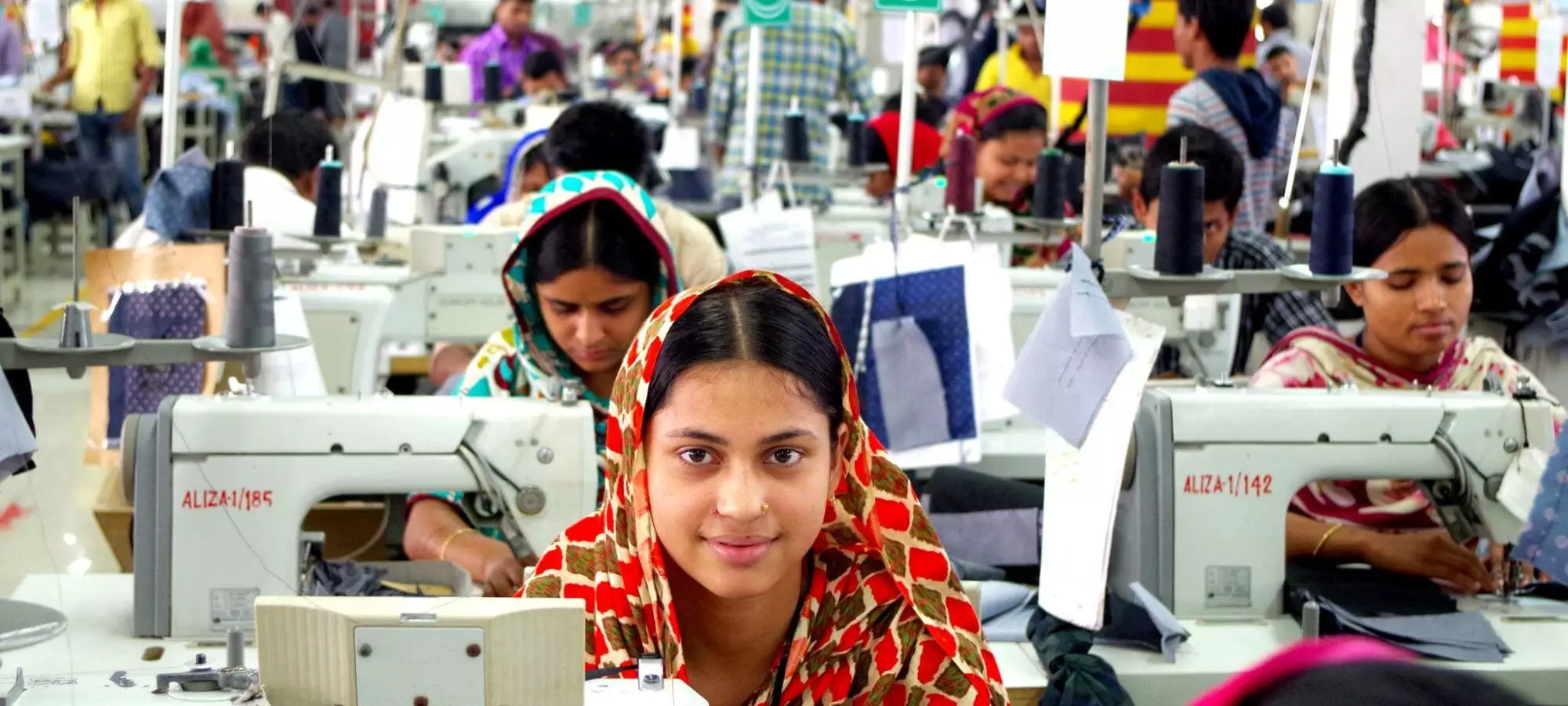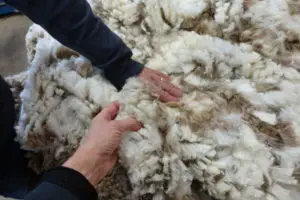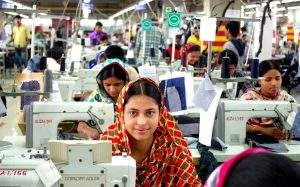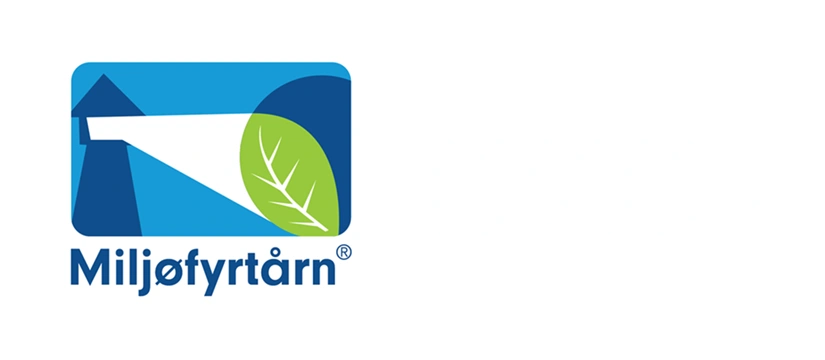The Joint Ethical Trading Initiatives (JETI) have been working in Bangladesh since 2014, implementing a social dialogue (SD) programme to facilitate and improve dialogue between workers and management, while building workers’ ability to represent their needs. The programme is supported by Norad (until Dec. 2020), the UK FCDO, HSBC and the Dutch Government (expected 2021).
In the Bangladeshi context, with continued repression of civil society, including trade union activity, the SD approach serves an important role in facilitating democratic processes in the workplace, which in turn contribute to building the foundations for democratic processes in society as a whole.
In the next phase of the programme, we seek to further strengthen the role of our partner ETI Bangladesh in their role as a facilitator of social dialogue at factory, as well as at industry level. With their strong multi-stakeholder networks, ETI Bangladesh is uniquely placed to address the sustainability of the ready-made garment sector in Bangladesh, through decent work and climate resilience.
The pandemic has hit garment workers in Bangladesh hard, more than 60 per cent of whom are women. At the same time, Bangladesh is one of the countries’ most vulnerable to climate change. The proposed project will build on the existing SD programme, with a focus on intersecting challenges related to the future of work, including decent work, gender equality and climate resilience. Specifically, the project will:
- Strengthen the role and sustainability of ETI Bangladesh as a facilitator of stakeholder dialogue
- Empower women textile workers to take on leadership roles as part of management and as worker representatives in industrial relations.
- Drive innovative, collaborative and knowledge-based solutions to build resilience to the impact of climate change on textile workers.
- Strengthen collaborative platforms by communicating recommendations related to the future of work and support their implementation.
